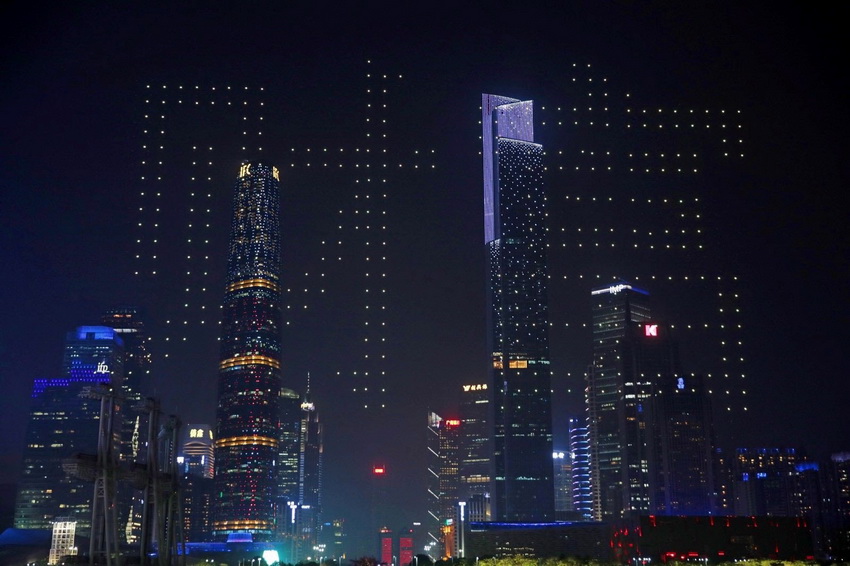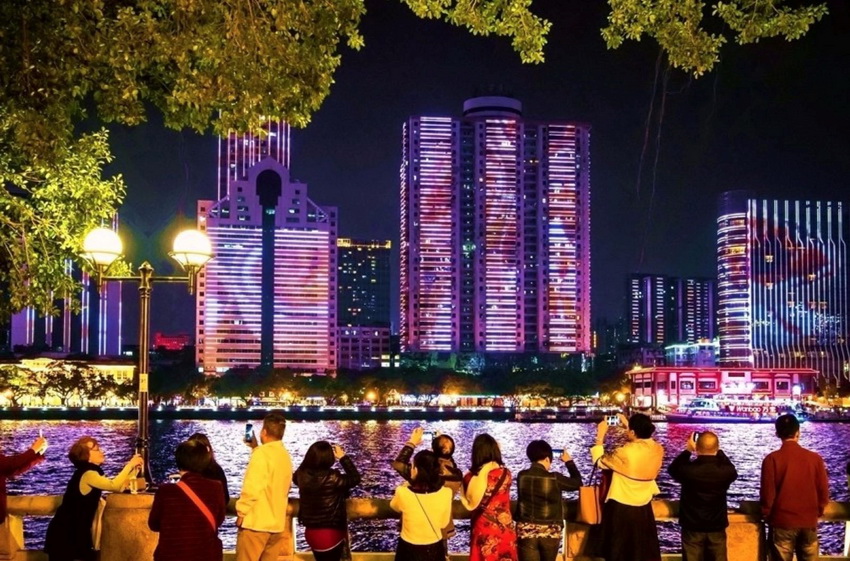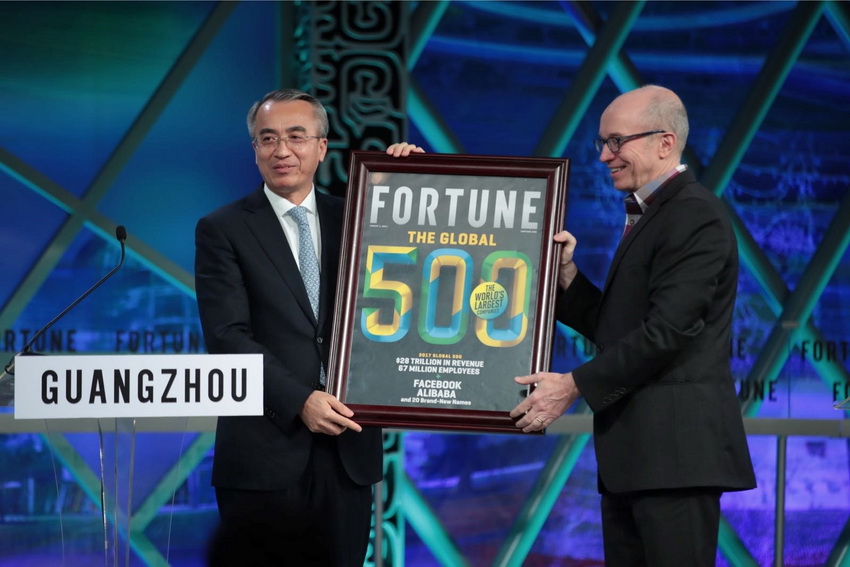


I was privileged to attend the Fortune Global Forum in Guangzhou. The city’s leaders obviously worked hard to win this coveted prize that focused attention on both the Forum and the innovative city where it was held.
There was a definite electricity in the air at this gathering of some of the smartest, richest and most powerful people on the planet. I came away feeling that China is fast moving from its copycat phase to one of world-class inventor and innovator just as it’s now positioned as the world leader in globalization. I could tell that this thrilled some there who could foresee new opportunities, but frightened others who clung to the fast-fading status quo. Change and competition are never easy.
Admittedly, like many developing countries, China has been strongly protectionist of its nascent industries and has been strongly and rightly criticized for this by countries in the West. This is changing but is not unique to China.
Consider the case of state of the art technology in the 18th century industrial revolution era. It is clear that Englishman John Lombe stole the secrets of Italian mass production weaving machines, clandestinely making detailed drawings of looms in the dead of night, a crime punishable by death; barely escaping this punishment.
Decades later, Samuel Slater, often called "the father of the American industrial revolution", followed suit using his photographic memory in the heartland of the Silicon Valley of its day, the English Midlands.
Like England and US then, China is now ramping up to the next level with growing confidence.

Three major national initiatives prove the point. Guangzhou is deeply involved in all of them. Made in China is a national project to make this country self-sufficient in manufacturing with homegrown solutions by 2025 and AI 2030 has the goal to make China the leader in Artificial Intelligence by 2030.
Moreover, since these initiatives will take all the brain-power China can muster, the country has just implemented a new long-stay fast-track visa policy for foreign "high-end talent" and their families. The policy is designed to supplement the scientific and entrepreneurial talent of Chinese students, especially those who study in foreign universities and return back to China equipped with critical thinking skills, often with practical experience in their chosen fields.
Together, these three add up to global leadership in innovation. Ironically, they are aided by US President Donald Trump who is busy cutting domestic funding of similar research in order to further enrich America’s most wealthy.

The example from the Forum that makes the point best was Tencent founder Pony Ma’s description of the birth of WeChat, China’s versatile and unrivaled communications, marketing, pay platform and so much more. The company’s QQ needed a refresh in 2011 so he created three teams competing against each other. The Guangzhou team won. And even though WeChat cannibalized QQ to some extent, Ma went with it.
I don’t believe China is trying to claim superiority over any nation but to merely reclaim the political and technological leadership it held for more than a Millennium. As witnessed by the Belt and Road initiative, which is open to all, I do believe China will partner with other nations, even the US, in win-win cooperation.
I also believe that protectionist trends at home and abroad will lessen with accelerating globalization with China in its renewed role as global leader and innovator.
The author is a fellow of Center for China and Globalization

 Award-winning photos show poverty reduction achievements in NE China's Jilin province
Award-winning photos show poverty reduction achievements in NE China's Jilin province People dance to greet advent of New Year in Ameiqituo Town, Guizhou
People dance to greet advent of New Year in Ameiqituo Town, Guizhou Fire brigade in Shanghai holds group wedding
Fire brigade in Shanghai holds group wedding Tourists enjoy ice sculptures in Datan Town, north China
Tourists enjoy ice sculptures in Datan Town, north China Sunset scenery of Dayan Pagoda in Xi'an
Sunset scenery of Dayan Pagoda in Xi'an Tourists have fun at scenic spot in Nanlong Town, NW China
Tourists have fun at scenic spot in Nanlong Town, NW China Harbin attracts tourists by making best use of ice in winter
Harbin attracts tourists by making best use of ice in winter In pics: FIS Alpine Ski Women's World Cup Slalom
In pics: FIS Alpine Ski Women's World Cup Slalom Black-necked cranes rest at reservoir in Lhunzhub County, Lhasa
Black-necked cranes rest at reservoir in Lhunzhub County, Lhasa China's FAST telescope will be available to foreign scientists in April
China's FAST telescope will be available to foreign scientists in April